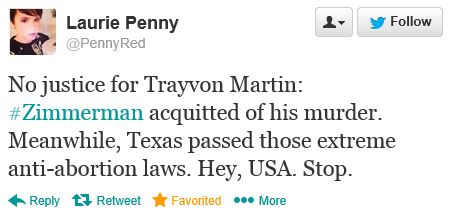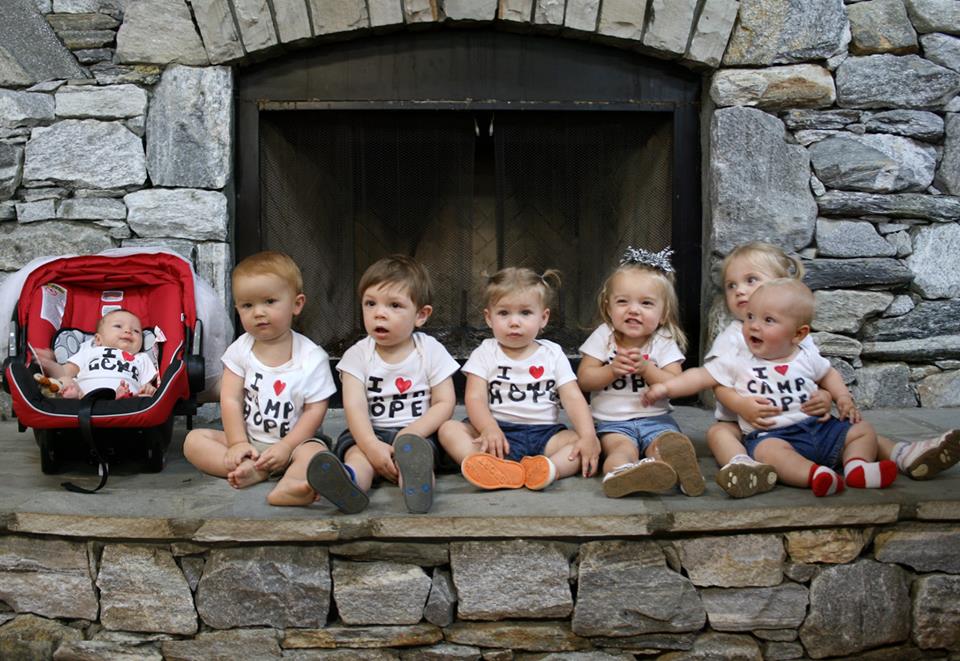There are two surprisingly similar yet startlingly different passages in the Bible that involve the stoning of God’s messengers. The first involves the prophet Zechariah:
Then the Spirit of God came upon Zechariah the son of Jehoiada the priest, who stood above the people, and said to them, “Thus says God: ‘Why do you transgress the commandments of the LORD, so that you cannot prosper? Because you have forsaken the LORD, He also has forsaken you.'” So they conspired against him, and at the command of the king they stoned him with stones in the court of the house of the LORD. Thus Joash the king did not remember the kindness which Jehoiada his father had done to him, but killed his son; and as he died, he said, “The LORD look on, and repay!”1
The second involves another prophet of God, Stephen:
You stiff-necked and uncircumcised in heart and ears! You always resist the Holy Spirit; as your fathers did so do you. Which of the prophets did your fathers not persecute? And they killed those who foretold the coming of the Just One, of whom you now have become the betrayers and murderers, who have received the law by the direction of angels and have not kept it.” When they heard these things they were cut to the heart, and they gnashed at him with their teeth… Then they cried out with a loud voice, stopped their ears, and ran at him with one accord; and they cast him out of the city and stoned him… Then he knelt down and cried out with a loud voice, “Lord, do not charge them with this sin.”2
Both men addressed the leadership. Both men spoke with conviction from God. Both induced a violent reaction. Both had something to say before they expired. But what they had to say is the startling difference. Zechariah said, “look on and repay.” Stephen said, “do not charge them with this sin.” What happened to create such a dichotomy of response? Zechariah operated under the dispensation of the law. His example was Moses, communicating the Law of Jehovah God. “He who strikes a man so that he dies shall surely be put to death… you shall give life for life.”3 Stephen operated under the dispensation of grace. His example was Jesus Christ, communicating the Love of Jehovah God. “And when they were come to the place, which is called Calvary, there they crucified him… Then said Jesus, ‘Father, forgive them; for they know not what they do.'”4 Praise God for his Son, whose substitutionary sacrifice both fulfilled the demands of the law and became the archetype of love. “But God demonstrates His own love toward us, in that while we were still sinners, Christ died for us.”5 Because of his sacrifice, we too can pray for our enemies, recognizing with pity their blindness even as they seek to injure us.
 David was a man in tune to the desires of God. The Bible describes him as “a man after God’s own heart.” But even he acted against the will of God in his life and was forced to endure painful discipline as a result. In Psalm 33:8-9, God lovingly instructs David after an episode of sin, discipline, and confession.
David was a man in tune to the desires of God. The Bible describes him as “a man after God’s own heart.” But even he acted against the will of God in his life and was forced to endure painful discipline as a result. In Psalm 33:8-9, God lovingly instructs David after an episode of sin, discipline, and confession.
